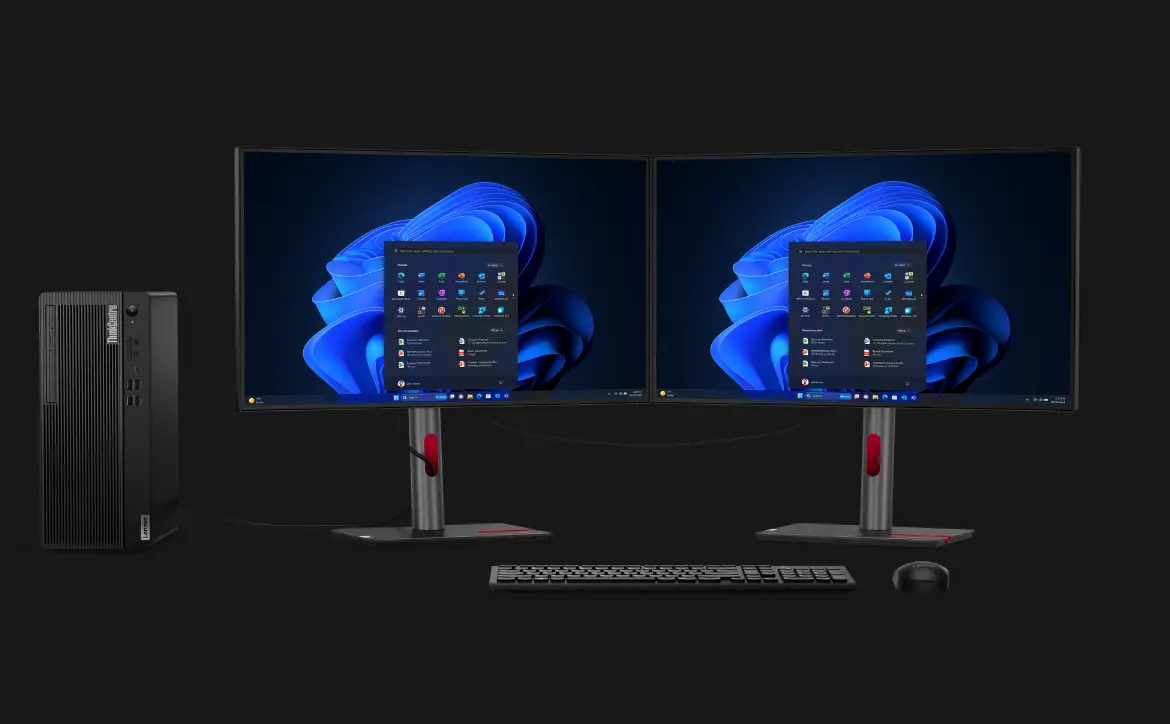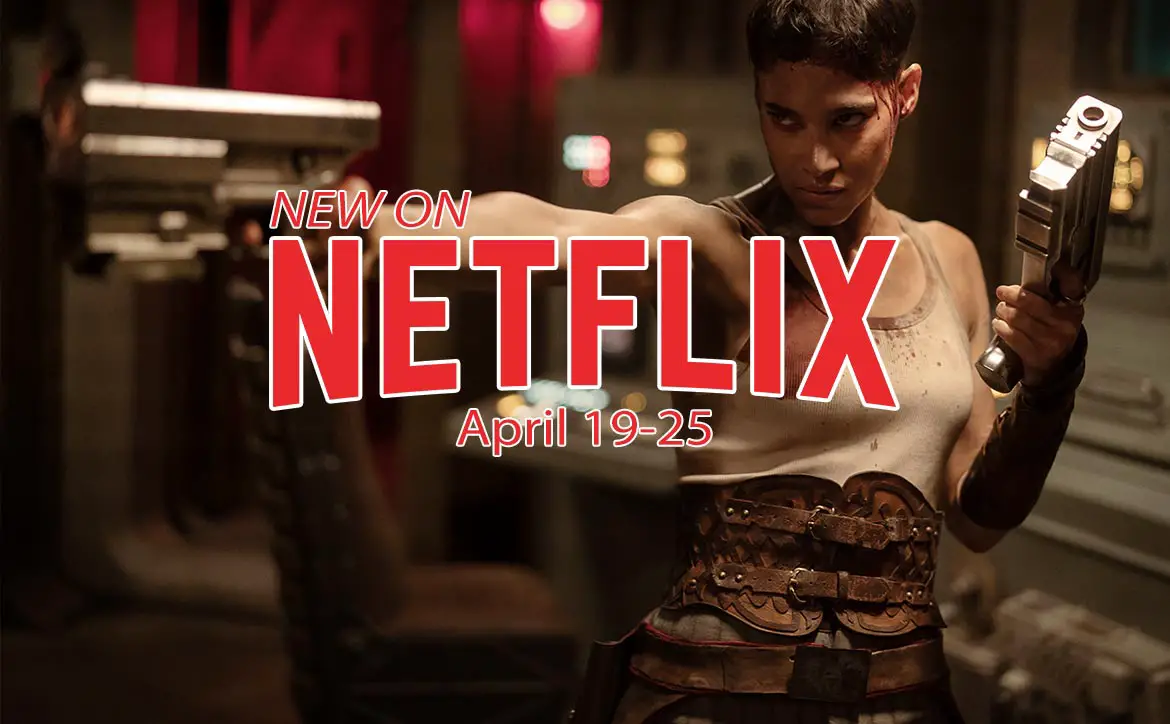Like so many things in life, you largely only hear the bad stories from the world of game development. From continuous delays (Duke Nukem anyone?) to botched release versions, it seems that it is completely impossible to launch a game without instantly being battered with the incompetence stick. Whilst it’s easy to succumb to the wonderful feeling of schadenfreude that comes with pointing at a major failing of a game release and laughing, it does ignore the part where a lot of games are actually built well, even if they aren’t actually good games.
Take the farce that was Battlefield 4. Riddled with bugs and glitches some of which haven’t been addressed even now, 18 months later. With major faux pas such as asking paying customers to essentially find and report all the bugs, EA Games certainly dropped the ball. At a time when the company were taking heavy criticism already for releasing half finished games that relied heavily on DLC purchases and micro-transactions for a full experience, asking players who had paid up to £55 ($90) to fix the game wasn’t the best PR move ever made. Calling on your audience to make sure games work isn’t always to be dismissed however.
One example of this would be Uber Entertainment with their efforts to make sure their galactic-sized real time strategy Planetary Annihilation was as good as it could be. With staff members who can include titanic titles such as Supreme Commander, Command and Conquer and even Total Annihilation on their CV, there’s a fine pedigree of talent here, but gaming has changed monumentally since the 90s, which means the creation of games has had to change. How did Uber make this change? The answer is crowd sourcing. From raising money to actually creating the game to making use of Steam’s Early Release feature, Uber have made one thing clear; they want us to get in on the action.
Early Release has allowed Uber to release the game in Alpha and Beta versions, with the understanding that customers will get to play it early, but it may not be entirely stable. Feedback is accepted, indeed invited, and acted upon by the development team, meaning anything from little niggles up to major glitches are ironed out. There are plenty of times that Early Release games have gone awry and even disappeared completely, but Uber nailed it. Glitches were removed, simple things like the UI getting a polish were added at the request of players, and fans were even treated to things like the Unit Cannon which was a popular choice in Supreme Commander.
All in all, as a story of development from concept to completion, it seems Uber have ticked all the boxes, and they haven’t stopped. The game is officially out of Early Release, but still continues to benefit from regular touch ups. Epic Games have taken this idea to a new level with the hotly anticipated Unreal Tournament 4. This time, instead of making a game and then letting people buy it early so they can help with the latter stages of the game’s refinement, Epic are working with fans to actually make the game itself. In a monumental move it was announced in May 2014 that the latest outing for one of gaming’s favourite franchises would be entirely crowd sourced with the game being made “as a collaboration between Epic, UT fans and UE4 developers”.
So it seems that development isn’t a word for the fine art of cracking your head against a brick wall whilst our beloved titles go down the drain. Indeed it seems that developers could do with remembering the sheer power that the connected world of the internet allows them access to. So why ignore it? The answer is unfortunately, money. Planetary Annihilation, isn’t held in such high regard as this article gives it, with some suggesting that there is a certain something missing. Others point at the at one time extremely high price for the Alpha version, coming in at around $90 on crowd sourcing site Kickstarter. Unreal Tournament isn’t going to be a big money maker when released, as it is to be released completely for free. Epic have said that it will be a full game experience with no mandatory DLC or micro-transactions.
Meanwhile while Battlefield 4 may have had dazzlingly horrendous issues, it also had one major success. In February 2014 it was announced by EA that Battlefield 4 had sold 1.6 million units. Whilst they kept quiet about the income this generated, it can be safely assumed it was (forgive the technical patter here) lots. There is the key. Let people know that a sequel to a popular IP is being worked on, and then feed the hype machine, and customers will square away whatever money they need to get their hands on it as soon as possible. The anticipation of the big bombastic launch of a Triple A game is always going to generate huge amounts of income.
It shouldn’t be surprising that game development has to bend to the will of the bottom line. With the gaming industry worth an estimated $81.5bn there is certainly no arguing it is a very profitable business to be a part of. There is a bit of sorrow to be felt though. Games that could be great are rushed to get the quick buck Old titles are resurrected, usually with “HD” or “Remastered” bolted onto the end of the name. Franchises are wringed of every cent they can earn before being discarded, and sometimes the world of the gamer can seem very disheartening, but fear not. There are some great gems out there to be had. A remake isn’t always a bad thing, a major blockbuster not necessarily a rushed mess. It could almost be suggested that gamers nowadays need to treat their purchases as if they were… well, purchases.
Featured Image courtesy of Giant Bomb
Last Updated on November 27, 2018.









